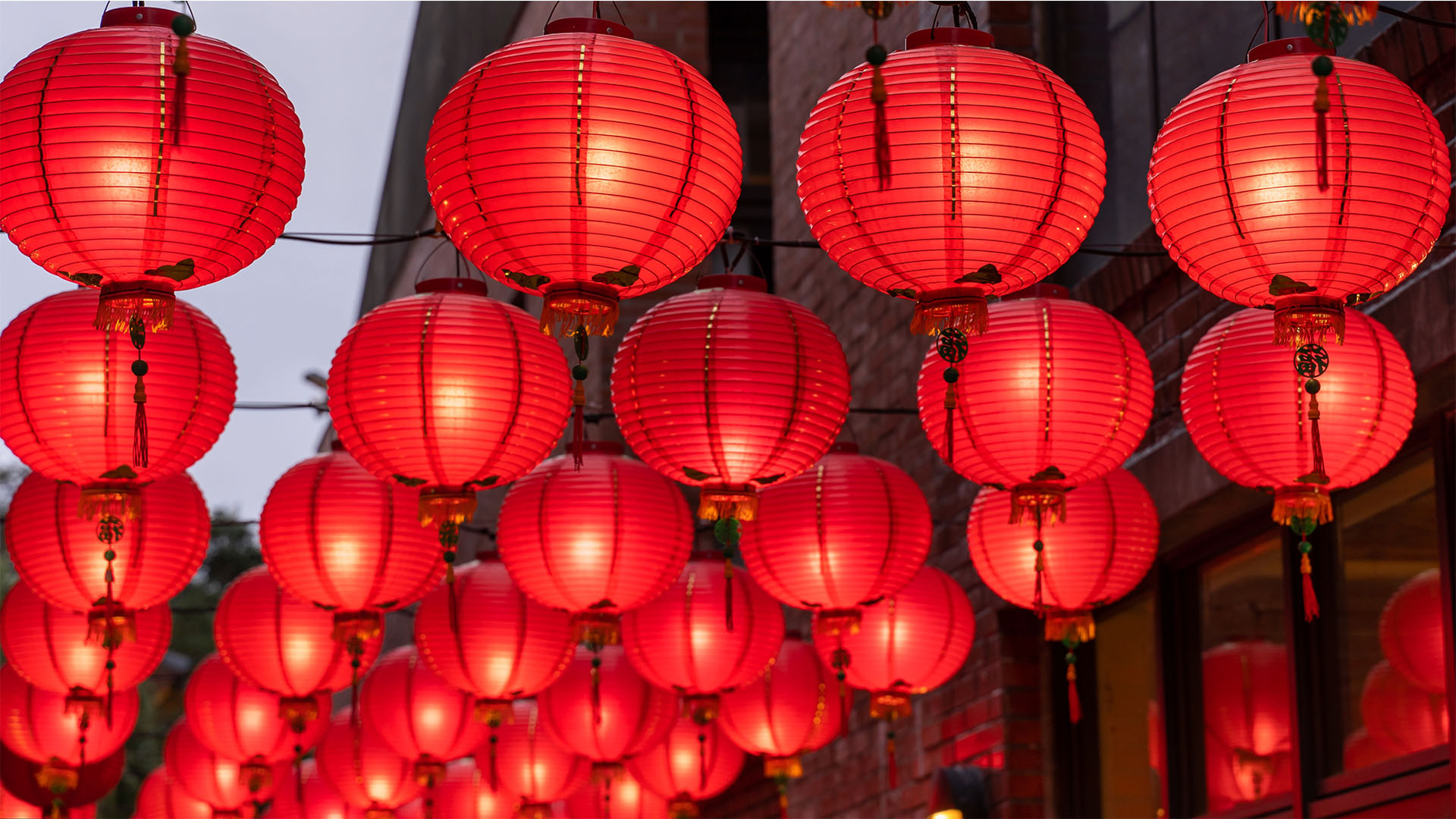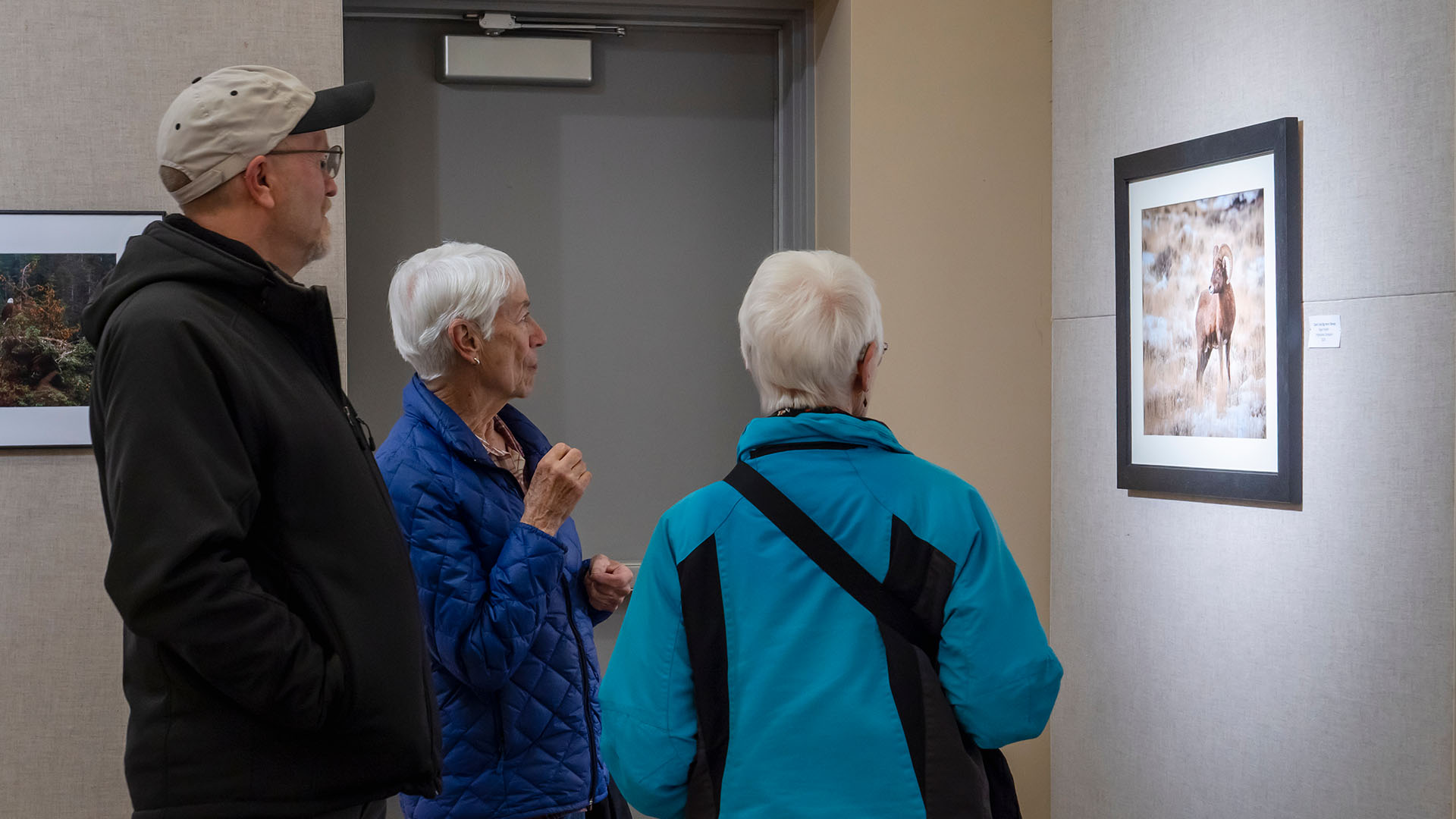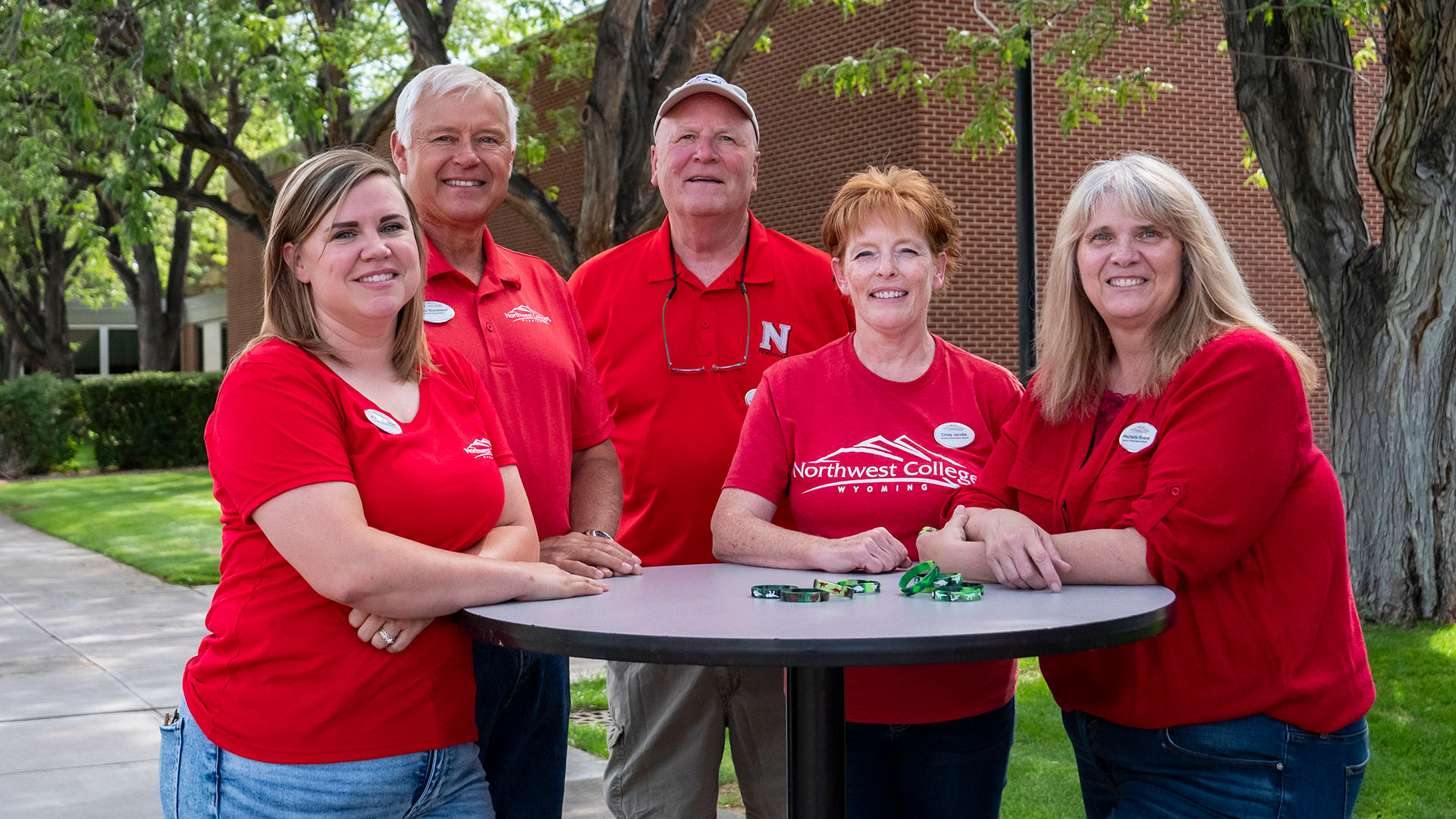It takes courage to venture into the unknown, but Northwest College alumnus Quentin McHoes is no stranger to embracing challenge. After graduating from NWC in 2018, he transferred to George Washington University—a private institution in DC with more than 25,000 students. As an active member of campus and president of four student organizations during his time at NWC, McHoes remains driven by passion in DC and is an integral part of the student community, serving on the Residence Hall Association and GW Class Council. He currently studies international affairs and Spanish and is set to graduate in 2020.
What initially sparked your interest in politics?
The people around me. I tend to think of people less as politicians and more as public servants. That is, as long as I believe they’re in the good fight and doing things on behalf of those they care about. It was people like my high school teachers and college professors and President Stefani Hicswa—meeting people who were genuine leaders and truly cared about making the lives of others better in so many different diverse ways. It really sparked my interest in getting involved in our public service and political system.
What’s the best piece of advice you’ve ever received?
Nobody gets through life alone. To me, that was a conversation about being willing to help others and receive help from others. Help doesn’t reveal vulnerability in who we are or in our success stories. If you’re interested in pursuing higher education, a career outside of college or simply something in your personal life and you’re committed to seeking out help from others, I think that’s a really important thing you can do to help yourself personally, professionally and academically. Certainly, that’s been the truth for me. When I think about everything that I’ve been able to do, and all the wonderful opportunities that I’ve had, despite some choices I’ve had to make, it’s been because I’ve had the assistance of others.
I’m a first generation college student, and that’s why I think this advice is so important. If you’re a first generation college student, and if you have other potential barriers, asking for help is really the best way for you to be successful. The faster you do that, the better time you have in life.
What do you remember most vividly about your NWC experience?
The relationships that I made—not just with students who became friends and mentors but really the professorship here with the faculty and staff. I made so many great relationships with them professionally and many of them as friends, too. I remember how willing people were to be connected with one another and share their lives and experiences.
What advice do you have for current students?
Put yourself out there. You have to. Meeting people who are doers, movers and shakers, and changemakers is so inspirational. For me, I think, “Wow, this person has done stuff, they know things and they’ve been places, and I can be that someday.” You can make your college experience whatever you want it to be. The more than you put yourself out there, the more you change the narrative for yourself and others. That includes asking for help and forging great relationships with your professors. I don’t think I’d be where I am today if it weren’t just for speaking up in class. You have to be yourself, but I think it’s important to let your barriers wash away because at the end of the day, you’re going to get out of college, and you’re going to think, “Wow, I wonder what would have happened if I just showed up.”
Is there anything else you’d like to add about your NWC experience?
I’d like to talk about how much good Northwest College did for me personally. It isn’t
a stunt. I think a lot of people think it can stunt your ability to grow personally,
academically or professionally if you go to a community college. They think there
aren’t enough people, but Northwest College boasts a very great wealth of diversity
when it comes to students of color and people from different places all over the world.
I think people get this idea in their head that they need to be somewhere bigger,
better or a place where more stuff is happening, but I find that coming to a place
like this has more to offer in the long term than going somewhere where you may just
blend into the crowd and have to work harder to find yourself.
I think, had I started off at UW or George Washington University, I would not have
been prepared to come into my own and find my passion for leadership. But because
I was at Northwest College for two years, I was able to transfer to a school with
25,000 kids and still feel like I’m who I am and can make a difference. It’s so important
for me to stress that I am where I am today—and I’ve had the opportunities and friendships
that I’ve had today—because I wasn’t afraid to allow stigmatization or stereotypes
to get in the way of my growing process.


